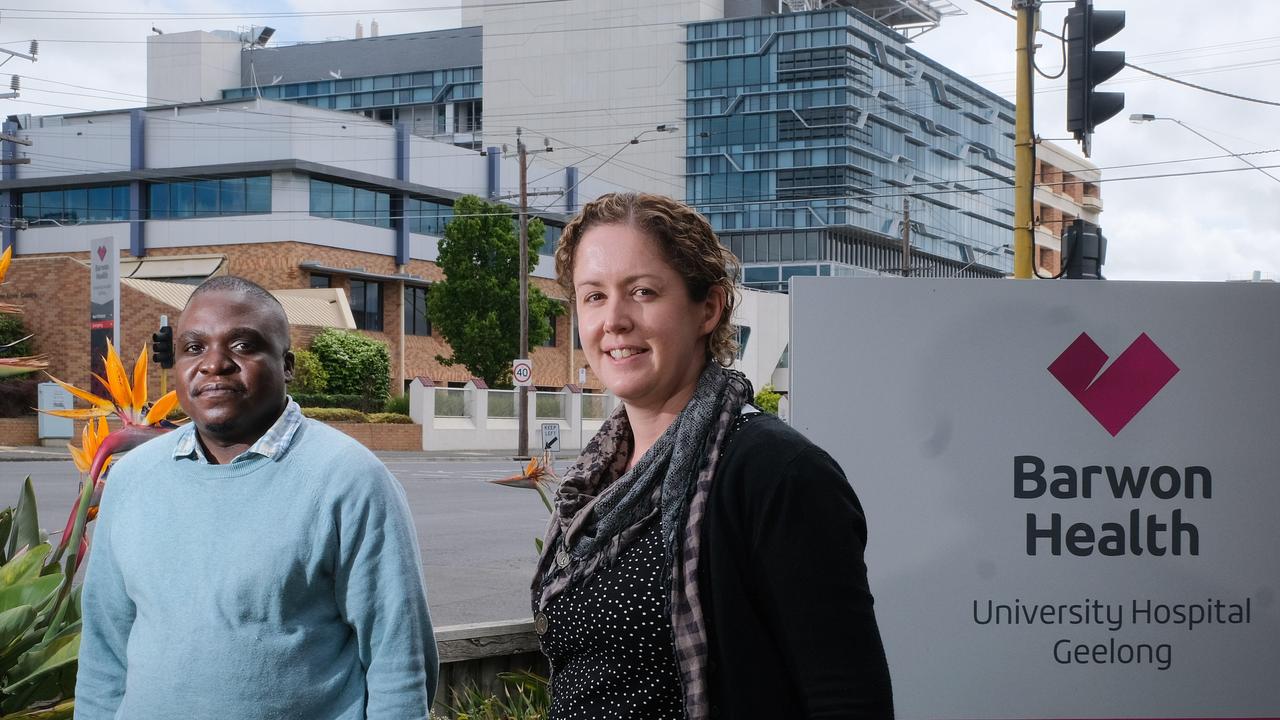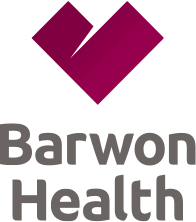Public Health Priorities
Victoria's Local Public Health Units (LPHUs) work with the Department of Health (the department) to keep their local communities healthy, safe and well.
They use local knowledge, community-based relationships and direct engagement to effectively tailor and deliver public health initiatives and respond to incidents and issues within their local area.
LPHUs were established in 2020 during the COVID-19 pandemic to manage local cases and outbreaks of COVID-19. From July 2022, LPHUs have begun undertaking additional public health responsibilities for various other notifiable conditions.
LPHUs administer programs for disease prevention and population health. This includes responding to COVID-19 and other infectious disease case investigations, outbreaks and public health programs that impact their region.
The integration of the following communicable diseases from Department of Health to Barwon South West Public Health Unit started on 18 July 2022.
Contact Tracers at the Barwon South West Public Health Unit now provide a regional public health response and can engage with consumers to support a personalised and holistic model of care.
Communicable diseases that have been integrated to date include: Influenza, Respiratory Syncytial Virus, Pertussis, Mycobacterium Ulcerans, Varicella (chicken pox), Invasive Pneumococcal Disease, Hepatitis B and hepatitis C.
Monkeypox
Monkeypox is a disease caused by infection with the monkeypox virus.
It is contagious and is usually spread from person-to-person through direct skin-to-skin contact. It can also be transmitted through contact with infected surfaces or items, and rarely through respiratory droplets. Transmission usually occurs during prolonged, very close contact with an infected individual.
There is currently a multi-country outbreak of monkeypox. Cases have been detected in Australia, many of these cases are locally acquired infections. Severe illness may develop in a small percentage of people with monkeypox. Timely contact tracing and surveillance measures are essential to prevent secondary cases.
For more information on Monkeypox including the latest news, fact sheets and FAQs click here.
COVID-19
COVID-19 is the disease caused by the coronavirus, SARS-CoV-2.
Coronaviruses are a large family of viruses that cause respiratory infections. These can range from the common cold to more serious diseases.
How COVID-19 spreads
COVID-19 is a new disease, so there is limited natural immunity in our community. This means that COVID-19 can spread quickly.
The virus is usually spread from person to person by:
- close contact with an infectious person
- contact with droplets from an infected person’s cough or sneeze
- touching objects or surfaces that have droplets from an infected person, and then touching your mouth or face.
Symptoms of COVID-19
Symptoms of COVID-19 can range from mild to severe. Some people recover easily, and others get very sick very quickly. If you test positive for COVID-19 you may experience:
- fever
- coughing
- sore throat
- shortness of breath.
Other symptoms include:
- runny nose or congestion
- headache or fatigue
- muscle or joint pains
- nausea or loss of appetite
- diarrhoea or vomiting
- temporary loss of smell or altered sense of taste.
COVID-19 symptoms are similar to some common illnesses, such as colds and flu, or allergies.
For local information on COVID-19 incluidng testing and antivirals click here.
Click here to go to the Victorian Government Coronavirus website.
Influenza
Influenza (the flu) is a highly contagious disease, usually prevented by vaccination and treated by managing symptoms. Spread by body fluids from infected people, symptoms include fever, body aches, a runny nose and sore throat. Flu can affect anyone but is especially serious for babies, young children, pregnant women, people with underlying medical conditions and older people. The flu is caused by the influenza virus. There are many different strains and they can change every year.
For information on Barwon Health's flu immunisation program click here.

Last Modified: Monday, 27 November 2023
